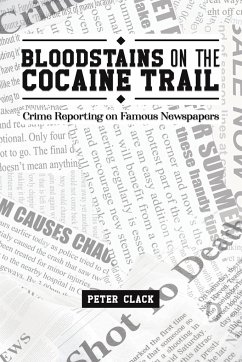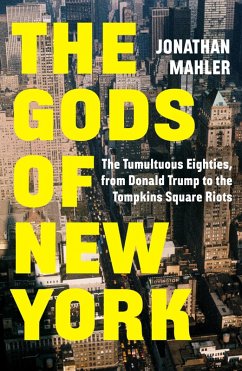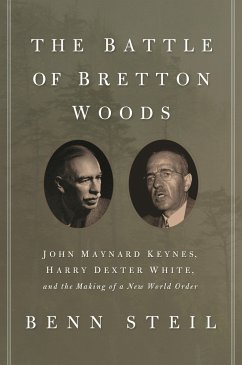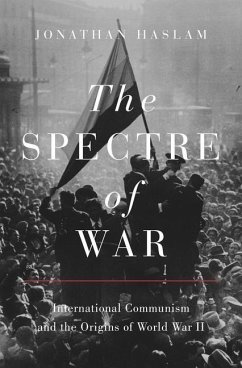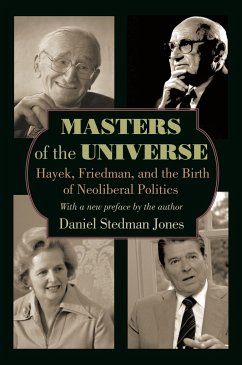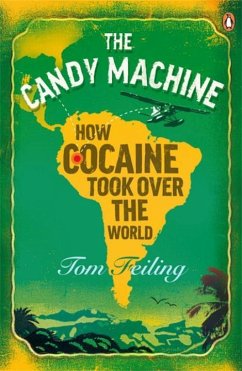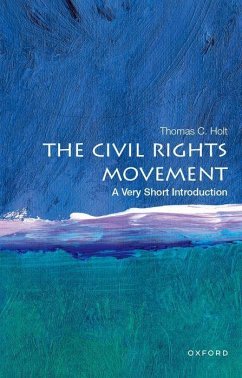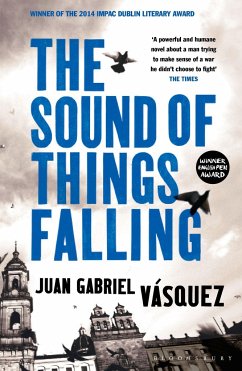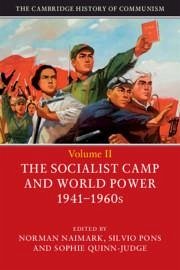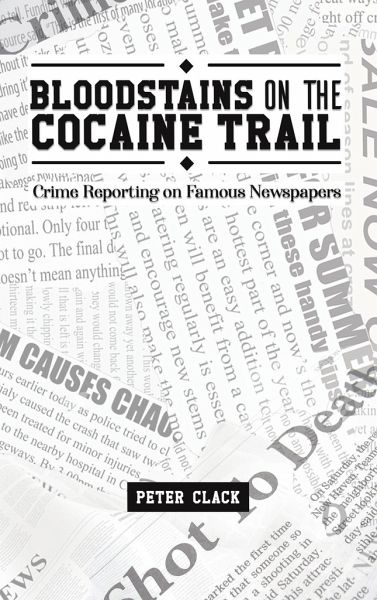
Bloodstains on the Cocaine Trail
Versandkostenfrei!
Versandfertig in 1-2 Wochen
23,99 €
inkl. MwSt.
Weitere Ausgaben:

PAYBACK Punkte
12 °P sammeln!
A homicide crisis began sweeping America after massive quantities of cocaine first began their journey into America in 1986. Drugs were trucked along the highways of the Cocaine Trail to every city in America. This influx of a deadly new drug led directly to a series of record deaths from overdoses, suicides and crime-related murders, family breakdowns and destroyed lives. Drugs are credited with driving the highest homicide rates in American history and a raging turf war between street gangs. Crack cocaine unleashed a brutal era of violence, placing newspapers under enormous pressure to provi...
A homicide crisis began sweeping America after massive quantities of cocaine first began their journey into America in 1986. Drugs were trucked along the highways of the Cocaine Trail to every city in America. This influx of a deadly new drug led directly to a series of record deaths from overdoses, suicides and crime-related murders, family breakdowns and destroyed lives. Drugs are credited with driving the highest homicide rates in American history and a raging turf war between street gangs. Crack cocaine unleashed a brutal era of violence, placing newspapers under enormous pressure to provide coverage. Relations with police were breaking down everywhere and crime coverage was in its death throes. Newspapers could not cover the homicides or give any context or explanations to such a social upheaval. Editors, reporters and police now reveal the shocking truth behind this agonizing episode in American history, when crime reporters had to re-invent journalism to get behind the police blue code. This book combines investigative journalism and narrative style to produce a rare portrait from within the secret inner world of newspapers.




